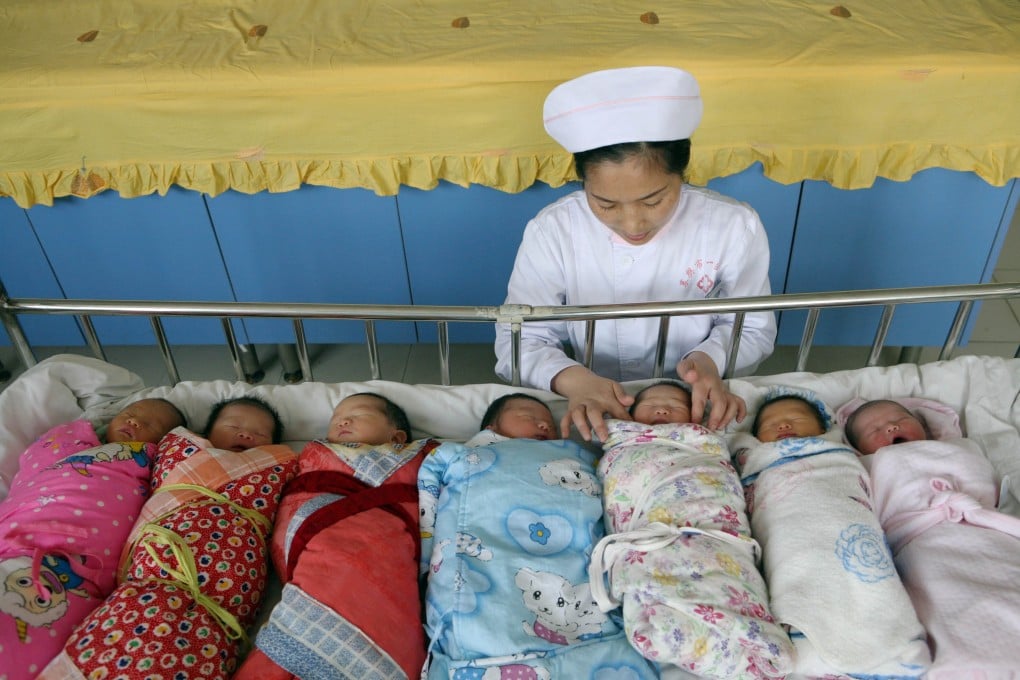Advertisement
China Briefing | Is it already too late to defuse China’s population time bomb?
- Speculation that Beijing is to further ease or abolish birth controls is growing ahead of the annual session of the National People’s Congress
- But after nearly 35 years of harsh family planning policies, whatever Beijing does will be too little, too late. In some areas, the bomb has already exploded
Reading Time:4 minutes
Why you can trust SCMP
91

With a rapidly ageing population and a fast shrinking labour force, China is under rising pressure to completely remove its much-maligned birth controls to defuse a ticking demographic time bomb.
These days any public comment the government makes on the hugely sensitive subject could easily ignite a national debate.
The latest example came on February 18, when the National Health Commission – which is in charge of family planning – published on its website a statement saying it encouraged the three northeastern provinces with the lowest birth rates in the country to carry out extensive socio-economic studies on removing birth controls and come up with pilot schemes.
Advertisement
The statement was in response to a motion filed by the local deputies to the National People’s Congress (NPC), the country’s parliament, urging the central government to allow the three provinces to take the lead in eliminating all birth control policies.
The statement has immediately caused a stir and gone viral online, prompting excited speculation that Beijing is considering further relaxing birth controls not only in the northeastern provinces but also nationwide. This forced the commission to issue another statement two days later, playing down any prospect of policy changes and saying that the motion merely merited further study.
Advertisement
Advertisement
Select Voice
Choose your listening speed
Get through articles 2x faster
1.25x
250 WPM
Slow
Average
Fast
1.25x
